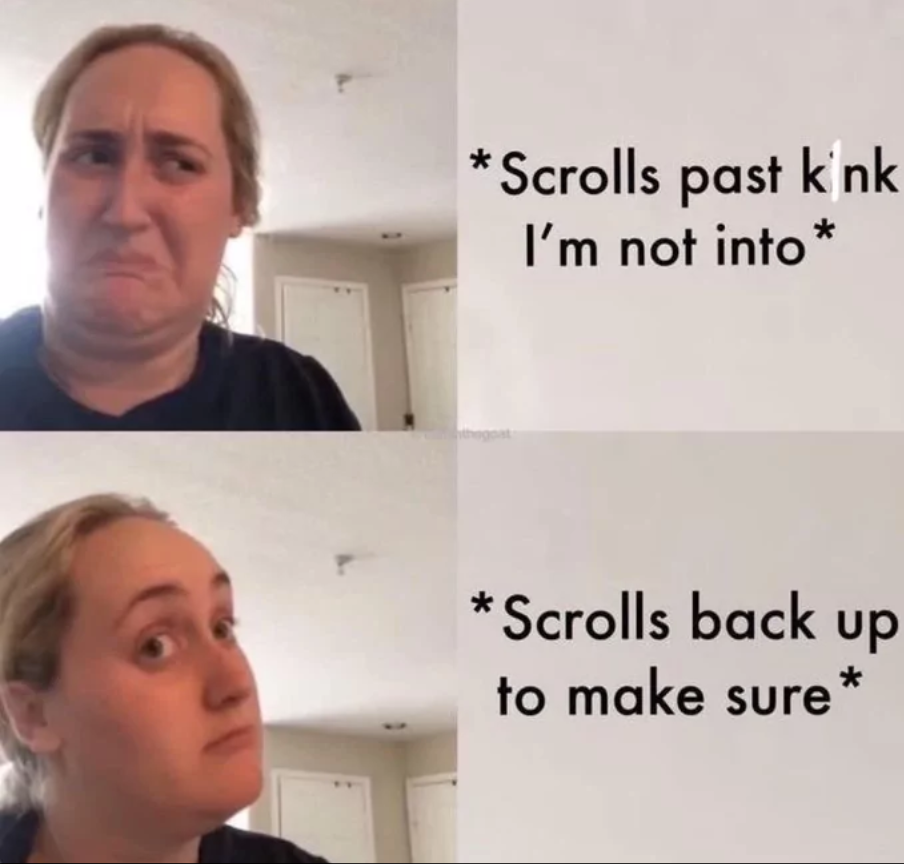The Silent Censorship of Women’s Health: Why Talking About Pleasure and Wellness is Still Taboo
- Amy Word
- Mar 6, 2025
- 2 min read
Imagine this: You go online looking for information about your health—how to do a breast self-exam, how to manage vaginal dryness, or even just the importance of pleasure in overall well-being. But instead of finding open, educational discussions, you’re met with flagged content, deleted posts, and accounts that have been permanently removed.
Why? Because simply saying the word “sex” or “pleasure” in an educational context can get content shadow-banned, suppressed, or outright erased from major social media platforms.
The Reality of Online Censorship
Platforms like Instagram, TikTok, and Facebook claim to promote community guidelines that protect users from harmful content. But in practice, this often translates into disproportionate censorship of women’s health topics—especially those that focus on sexual wellness, reproductive health, and pleasure.
Here’s what that censorship looks like in real-time:
Posts about breast self-exams get flagged or removed.
Conversations about vaginal health, menopause, and hormonal changes are restricted.
Simply using the word “pleasure”—even in the name of an educational company like The Pleasure Connection—is enough to get content buried by the algorithm.
Meanwhile, misleading and hypersexualized content that objectifies women is allowed to thrive. The message is clear: Women’s health is still considered taboo unless it’s being exploited for clicks.
Why This Matters
This censorship isn’t just an inconvenience for businesses and educators—it has real consequences for people seeking vital information. Women navigating different stages of life, from puberty to menopause and beyond, deserve access to resources that help them understand their bodies. But when these discussions are shut down, women are left to sift through misinformation, shame, and stigma just to get the answers they need.
Consider this: Women over 40 are one of the fastest-growing demographics in health and wellness spending, especially in the realm of sexual health. They are actively looking for solutions, products, and expert advice. Yet, their concerns are erased under outdated content policies that fail to recognize the difference between education and exploitation.
The Pleasure Connection: Fighting for Unfiltered Access to Women’s Health
At The Pleasure Connection, we believe that knowledge is power and that every person has the right to information about their own body—without censorship or shame. Women deserve open, honest conversations about their health, pleasure, and well-being, free from outdated taboos and restrictive algorithms.
So, what can we do?
Talk about it anyway. The more we speak up, the harder it is to silence the conversation.
Support platforms and creators that prioritize real discussions on women’s health. A great follow is the Center For Intimacy Justice.
Push for change. Social media companies need to revise their policies to distinguish between sexual education and explicit content.
Women’s health isn’t inappropriate. It’s essential. Let’s reclaim the conversation.
If you’ve ever had a post taken down, struggled to find real information, or felt frustrated by these restrictions, leave a comment, share this piece, and help keep the conversation going.
#ThePleasureConnection #SexualHealthMatters #EndTheCensorship #PleasureIsHealth #SexEd #SexCoach #LearningIsFun #AskAmyAnything #AdultEducationMatters #SexualHealth #KnowledgeIsPower #HealthyLiving #KnowledgeIsSEXY #HealingThroughPleasure #Yoga #SexEducation




Comments